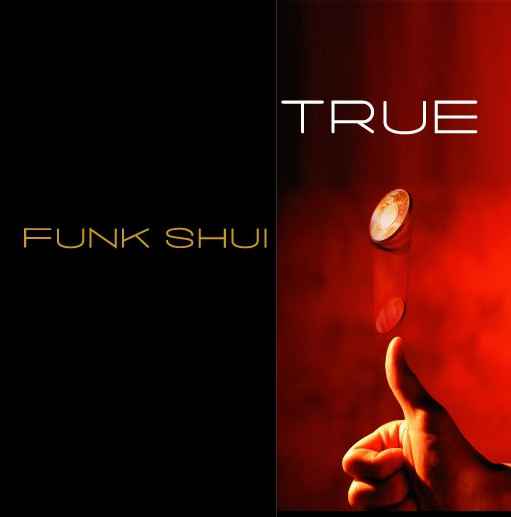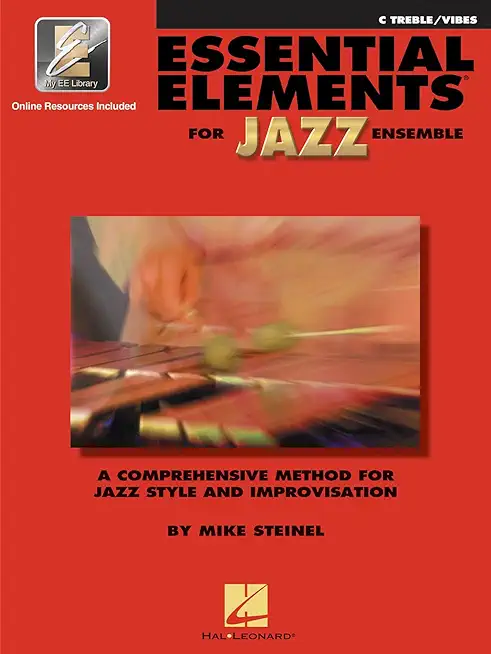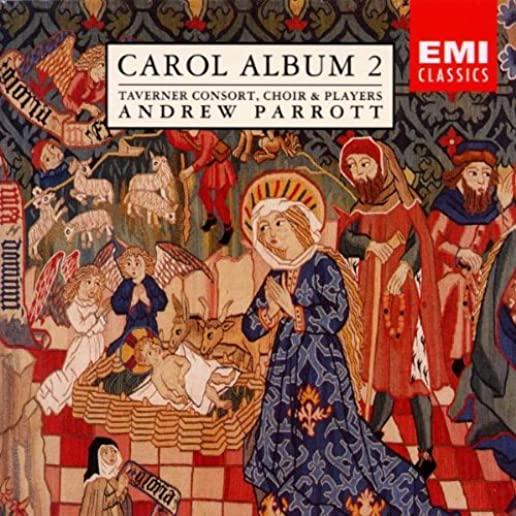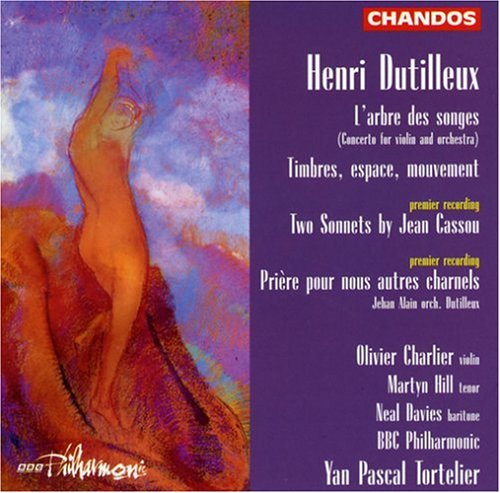
The history of jazz dance is best understood by thinking of it as a tree. The roots of jazz dance are African. Its trunk is vernacular, shaped by European influence, and exemplified by the Charleston and the Lindy Hop. From the vernacular have grown many and varied branches, including tap, Broadway, funk, hip-hop, Afro-Caribbean, Latin, pop, club jazz, popping, B-boying, party dances, and more.
Unique in its focus on history rather than technique, Jazz Dance offers the only overview of trends and developments since 1960. Editors Lindsay Guarino and Wendy Oliver have assembled an array of seasoned practitioners and scholars who trace the numerous histories of jazz dance and examine various aspects of the field, including trends, influences, training, race, aesthetics, international appeal, and its relationship to tap, rock, indie, black concert dance, and Latin dance.
Featuring discussions of such dancers and choreographers as Bob Fosse and Katherine Dunham, as well as analyses of how the form's vocabulary differs from ballet, this complex and compelling history captures the very essence of jazz dance.
Lindsay Guarino, an active dancer and choreographer, is assistant professor of dance at Salve Regina University and serves as the artistic director of Extensions Dance Company. Wendy Oliver, professor of dance at Providence College and past winner of the National Dance Association Scholar/Artist award, is the author of Writing about Dance.member goods

Funk Shui Debut Album: True
Recorded in the Spring of 2004, True is Funk Shui's debut album. Â Considered among the best ...
$10.00
Funk Shui Debut Album: True
Back in 2003, I created a group known as Funk Shui, a Jazz, RnB, Funk and Rock group based in ...
$10.00






